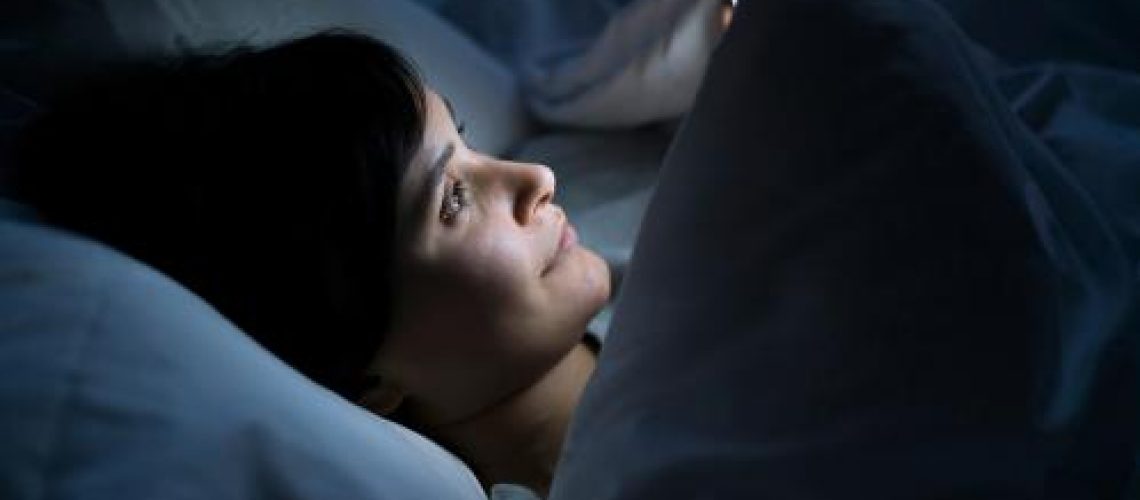A third of British adults check their phones after they have gone to bed, a survey suggests It is supposed to be a tool of empowerment, keeping us informed, connected and entertained. Instead, the smartphone is becoming a burden and a distraction, even in the middle of the night, according to a survey that suggests a third of British adults check their phones after they have gone to bed.
It is supposed to be a tool of empowerment, keeping us informed, connected and entertained. Instead, the smartphone is becoming a burden and a distraction, even in the middle of the night, according to a survey that suggests a third of British adults check their phones after they have gone to bed.
The figure is even higher among those aged 18 to 24, with half of young adults checking for messages — and one in six replying — long after they’ve turned in, according to research by Deloitte, the business advisory company.
The findings come at a time of growing concern that smartphone addiction is distorting personal relationships and sapping employee creativity, productivity and morale.
“Consumers will need to learn how best to run their lives with smartphones, as opposed to having their lives run by their devices, ” Paul Lee, head of technology, media and telecommunications research at Deloitte, said. The survey of 4,000 people found that one in ten smartphone owners reaches for the phone as soon as they wake up.
The research also found a shift in the way people communicate. Standard voice calls are declining while video calls, emails and use of social networks is growing. Almost one in three respondents said they had not made a single phone call on their device in the past week, compared with 25 per cent last year and 4 per cent in 2012. Some companies are ordering employees to switch off. In France workers have been given the right to disconnect from work emails and ignore telephone calls outside of their contracted hours.
Deloitte also found that the rate of new user growth was slowing, with smartphone penetration rising by 7 per cent in the year to June 2016; down from 9 per cent in 2015, 13 per cent in 2014 and 19 per cent in 2013.
However, Mr Lee said that he did not expect sales to suddenly fall. “The replacement market is likely to remain healthy, and given the sizeable base of existing owners, smartphone sales are likely to remain in the tens of millions for the foreseeable future.”
